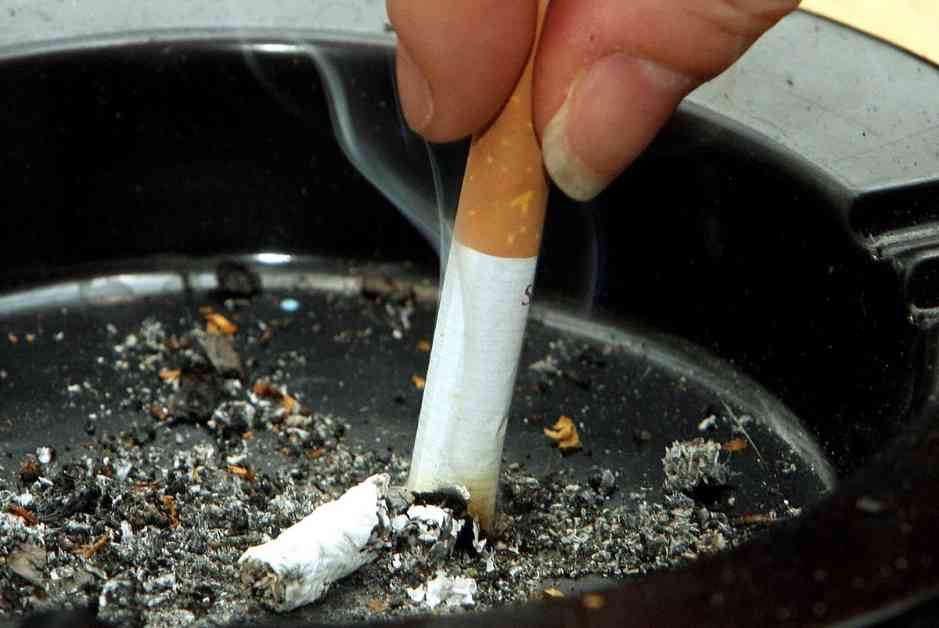A proposed ban to prevent children from legally smoking tobacco as adults is set to be introduced in Parliament. The Tobacco and Vapes Bill aims to create the “first smoke-free generation” by gradually increasing the age at which tobacco can be purchased. This legislation is seen as historic and could potentially save thousands of lives while also protecting the NHS.
In addition to raising the age limit for purchasing tobacco, the bill will also introduce restrictions on vape advertising and sponsorship. Flavors, displays, and packaging of e-cigarettes will be regulated to make them less appealing to children and young people. Disposable vapes will be banned from June 2025 under separate environmental legislation.
Health Secretary Wes Streeting emphasized the importance of prevention over cure, stating that the government is taking bold action to create a healthier society and economy. By reducing smoking rates and preventing nicotine addiction in young people, the government hopes to reduce the burden on the healthcare system.
Previous attempts to introduce similar legislation were halted due to political reasons, but the current government is determined to push forward with these measures. The Department of Health and Social Care reports that smoking-related cancers have increased by 17% since 2003, highlighting the urgent need for preventive action.
Key figures in the health sector, such as Dr. Ian Walker from Cancer Research UK and Professor Sir Chris Whitty, Chief Medical Officer for England, have expressed their support for the bill. They believe that a smoke-free country will lead to better health outcomes and reduce the burden of smoking-related diseases on individuals and the healthcare system.
Hazel Cheeseman, chief executive at Action on Smoking (Ash), described the proposed legislation as world-leading and emphasized the importance of phasing out the sale of tobacco to protect future generations from the health and financial consequences of smoking. The bill has sparked an important debate about smoking and its impact on society, with many in the health community and the public supporting the government’s efforts to create a smoke-free future.
Overall, the proposed ban on youth smoking in Parliament represents a significant step towards improving public health and reducing the harmful effects of tobacco on individuals and society as a whole. By implementing these measures, the government aims to create a healthier and more prosperous future for generations to come.












